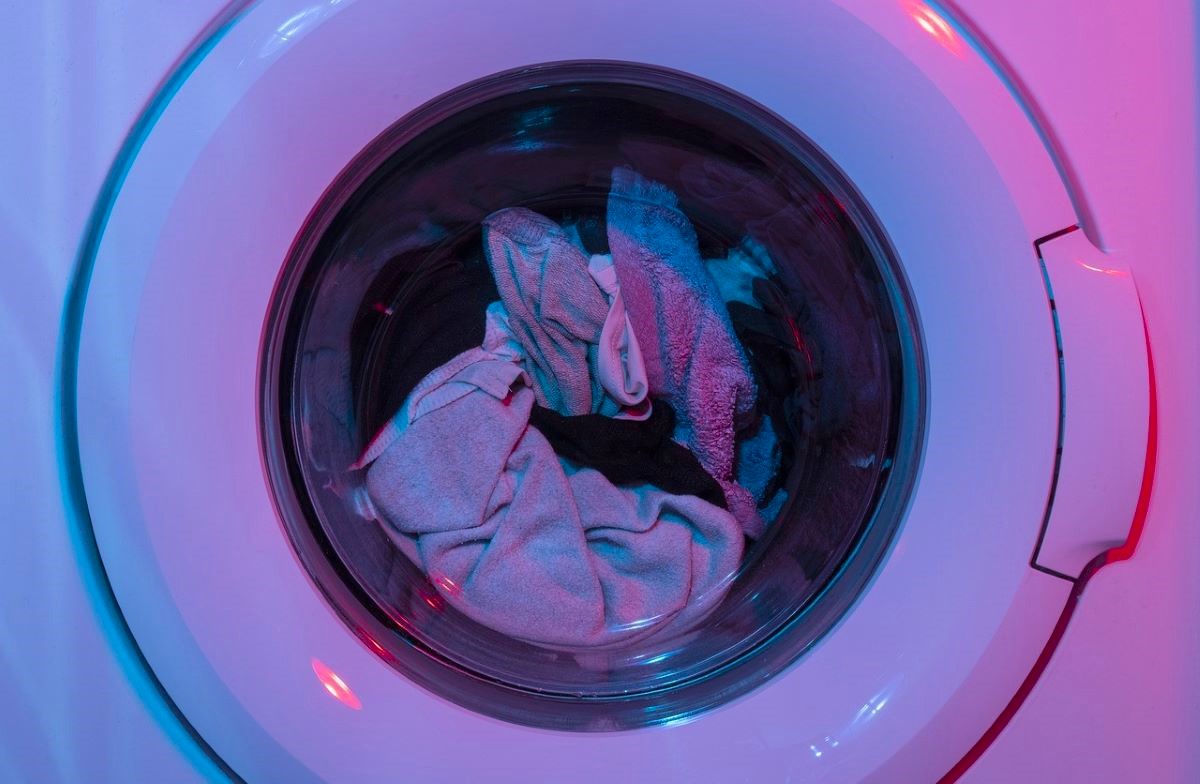It’s All About the Money (Laundering)

The Securities and Exchange Commission is sounding the alarm about money laundering.
The SEC Division of Examinations sent out a risk alert last month warning that broker-dealers are underfunding and understaffing their anti-money-laundering programs. Inconsistent implementation also presents problems, according to the agency. At the same time, the Office of Foreign Assets Control is levying more sanctions against both individuals and entities, meaning broker-dealers are facing higher stakes when it comes to compliance.
So what’s driving the sense of urgency to clean up money laundering? For starters, heavy hitters in U.S. policy are starting to understand how much laundered money is sloshing around inside the country. At a 2021 event, Treasury Secretary Janet Yellen pushed back on the notion that “the money-laundering capitals of the world are small countries with histories of loose and secretive financial laws.” Instead, “there’s a good argument that, right now, the best place to hide and launder ill-gotten gains is actually the United States,” Yellen said.
A few more topical developments are playing a part in the resurgence of interest in cleaning up money laundering. Clearly, Russia’s ongoing invasion of Ukraine has heightened geopolitical concerns about dirty money. The United States has already joined its peers in the West in cracking down on the activities of Russian billionaires. Meanwhile, the Treasury Department is attempting to put a stop to anonymous purchases of luxury homes, a popular strategy for international criminals seeking a spot to stash their loot. Now the SEC is getting serious about ensuring that financial firms keep an eye out for investors subject to Russian sanctions who are attempting to evade detection. (We’d be remiss if we didn’t acknowledge that former President Trump’s dominance of the headlines and speculation about his financial ties to Russia may have boosted interest in money laundering.)
The federal government’s anti-money-laundering agenda doesn’t stop at broker-dealers, naturally. The Treasury Department’s Financial Crimes Enforcement Network (FinCEN) has responsibility for implementing the rules created by the Anti-Money-Laundering Act of 2020. Those call for businesses to disclose their true ownership, and the department has come under fire for what some politicians view as a lack of guidance to help small businesses in that regard. Treasury and FinCEN also must draft regulations laying out appropriate investor protections for whistleblowers possessing information about money laundering.
Moreover, regulating cryptocurrency has added another variable to the money-laundering mix. Last month, a bipartisan group of senators revived the Digital Asset Money Laundering Act. The legislation aims to shut down terrorism financing by updating money-laundering regulations to account for crypto’s ease of use in facilitating shady business.
To be sure, the SEC’s interest in money laundering isn’t new. The Division of Examinations has mentioned money laundering as a priority for at least the last five years. The intensity with which the agency is pursuing money laundering has changed, however. That that should hold true so long as the rest of federal government remains firm in its own commitment.



